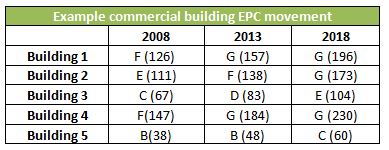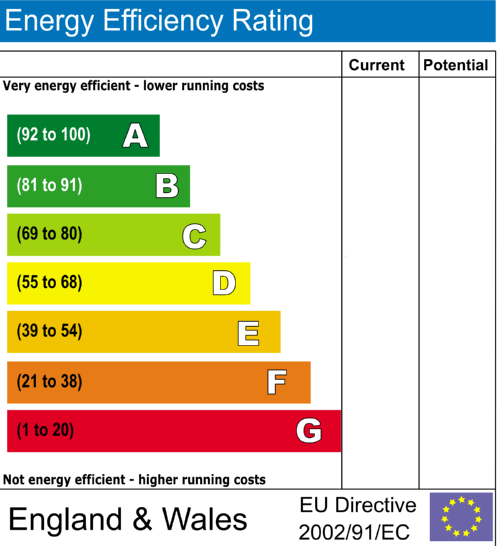Poor energy ratings could prove costly for a more than a third of UK commercial properties
Written by Mark Sait
Posted on August 27, 2014
Poor energy ratings could prove costly for more than a third of UK commercial properties, according to new research.
Professional services firm WSP finds that up to 35% of commercial buildings in the UK could fall below new energy efficiency standards by 2018 and so would not be available for let.
We have argued strongly this year that commercial property owners need to move more quickly with energy efficiencies and up to date Energy Performance Certificates (EPCs). WSP echoes this in its report, urging owners to be more proactive, getting ahead of government intentions.
We also wholeheartedly support the simple, cost effective ways of improving a building’s EPC rating put forward by the company: to make sure the EPC is based on accurate data, not assumptions and, where investment is needed, focussing on efficient lighting as this has a significant influence on scores.
The Department of Energy and Climate Change proposes mandatory rules for commercial properties with a poor energy rating (lower than ‘E’) by 2018. These will to be upgraded before they can go back onto the market.
WSP’s Anna Walton says: “EPCs are benchmarked by building regulations which are revised on a regular basis. Our research shows EPC ratings drop half to one band each time the regulations change. By 2018, this could mean that buildings with an EPC ‘E’ rating today could be classed as an EPC ‘F’. That would mean the number of buildings affected by DECC’s proposals is much higher than the consultation sets out.”

Source: WSP
“These proposals will have a significant impact on owners’ ability to lease their buildings if they’re adopted. Many property owners are already reviewing their buildings and developing proactive strategies in anticipation of the regulations and getting ahead of the game which is the right approach in our view.”
Under the DECC proposals, buildings with an ‘E’ rating under current measures could be downgraded to an ‘F’ by the time the regulations come into force simply because scoring gets progressively tighter as building regulations become stringent year on year.
The report says that the proposed Minimum Energy Performance Standards consultation could affect up to 35% of commercial property by 2018, not 18% as advised in the government consultation.
